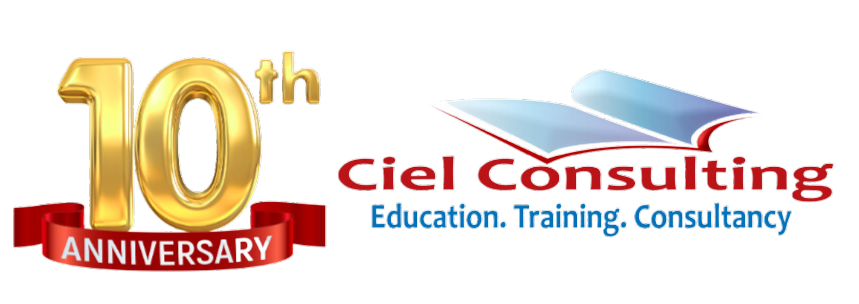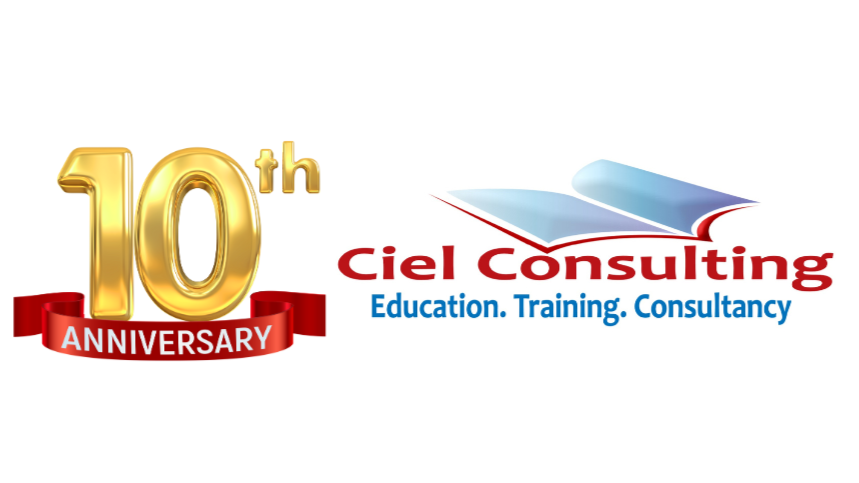6 common careers with in-demand certifications
6 common careers with in-demand certifications
Many careers provide the opportunity to pursue advanced certifications. The following career fields include some of the most in-demand certifications that employers are watching for when they receive applications.
1. Project management certifications
Careers in project management continue to be in high demand, especially for those who hold the Certified Associate in Project Management (CAPM) and Project Management Professional (PMP) certifications. The associate-level role in project management is ideal for those with less experience in managing company projects but who still possess a solid understanding of the field, while the PMP certification is designed for professionals with a higher level of experience. Here are the general steps to earning these certifications:
CAPM requirements
Possess a high school diploma, associate degree or equivalent.
Complete 1,500 hours of project experience.
Take 23 hours of project management education.
Pay a fee of $225 to $300.
Pass a 150-question exam through the industry organization.
PMP requirements
Option one for those with less than four years in college:
Possess at least a high school diploma, associate degree or equivalent.
Have 7,500 hours of project leadership experience.
Complete 35 hours of education in project management.
Pay a fee of $405 to $555.
Pass a 200-question exam.
Option two for those with a four-year degree:
Complete a bachelor's degree.
Work 4,500 hours leading projects.
Take 35 hours of education in project management.
Pay a fee of $405 to $555.
Pass a 200-question exam.
Related: All About the PMP Certification: Definitions, Requirements and Tips
2. Business analyst certifications
Business analysts work with companies to help find solutions to their ever-changing needs, as well as implement connections to information technology (IT) resources that make their business processes more efficient. There are several business analyst certifications, though popular choices by professionals in this field have been the Certified Business Analysis Professional (CBAP) or the IIBA Agile Analysis Certification (IIBA-AAC). The IIBA-AAC is a stand-alone certification that designates a business analyst's ability to adapt and perform in changing environments. Here is what you'll need to do to receive these coveted certifications:
CBAP requirements
Complete at least 7,500 hours of business analysis experience over the past decade.
Ensure 900 of those hours meet four of the six BABOK (Business Analysis Body of Knowledge) Guide knowledge areas.
Have at least 35 hours of professional development credits over the past four years.
Provide two professional references.
Schedule your CBAP exam and pass the 120-question test.
Pay $350 to $450, plus a $125 application fee.
Maintain your certification by earning at least 60 continuing education credits within three years of the certification date.
IIBA-AAC requirements
Complete an 85-question exam in two hours.
No eligibility requirements, other than two to five years of agile-related experience.
Pay exam fee of $325 to $450, plus $125 application fee.
Renew certification every three years.
Related: Learn About Being a Business Analyst
3. Supply chain certifications
Having a globally-recognized certification in the supply chain field increases your credibility as a supply chain professional and allows you to achieve a higher salary in the future. You may choose the Certified in Production and Inventory Management (CPIM), Certified Supply Chain Professional (CSCP), or Certified in Logistics, Transportation and Distribution (CLTD) designations when looking to further your career. Here are the things you'll need to do to receive your desired certification:
CPIM requirements
Pass two exams within three years.
Maintain the CPIM designation every five years.
Pay $495 to $690 for each exam.
CSCP requirements
Possess a bachelor's degree or equivalent.
Have at least one approved certification.
Complete at least three years of related business experience.
Pass an exam that costs $695 to $969.
CLTD requirements
Possess a bachelor's degree or equivalent, or
Have three years of related business experience, or
Have at least one approved certification.
Pass an exam that costs $475 to $625.
Maintain the CTLD designation every five years.
4. Human resources certifications
If you're employed in the field of human resources, consider a certification that shows potential employers you've taken the initiative to pursue this designation. Recruiters seek those who hold human resources certifications because they have demonstrated leadership. While there are several types of human resource certifications, recruiters most often seek candidates with the Professional in Human Resources (PHR) or the Senior Professional in Human Resources (SPHR) designation. Consider these designations when looking to further your career opportunities. Here are the exam eligibility requirements by designation:
PHR certification requirements
At least four years of experience as an HR professional, or
At least two years as an HR professional with a bachelor's degree, or
At least one year as an HR professional with a master's degree
SPHR certification requirements
At least seven years of experience as an HR professional, or
At least five years of experience as an HR professional with a bachelor's degree, or
At least four years of experience as an HR professional with a master's degree
5. Sales certifications
Many sales professionals choose to pursue additional training and certifications through specific programs designed to enhance their careers. For instance, Challenger Sales, Spin Selling and Sandler Training are all sales methods that require disciplined learning and implementation of techniques that help sales professionals achieve their goals. In addition to strengthening their persuasive skills and expanding their knowledge of sales, certifications help them stay ahead of their counterparts and build upon their past experiences. Here are the most common requirements for sales certifications:
Register for the desired workshops and courses.
Pay relevant fees to obtain certification.
Participate in web courses and pass online assessments.
6. Accounting certifications
Two of the most popular accounting certifications in demand include the Certified Public Accountant (CPA) and Chartered Financial Analyst (CFA) designations. Accountants with the CPA designation can perform a variety of tasks while earning a great income preparing taxes and representing clients who must report to the IRS. A CFA is internationally recognized in the world of financing and investing, and is well suited for those who want to become controllers and CFOs. Here are the requirements for CPA and CFA certifications, respectively:
CPA certification requirements
Possess a bachelor's degree or equivalent.
Pass all four parts of the AICPA (American Institute of Certified Public Accountants) uniform CPA exam.
Meet education and work experience requirements by state.
CFA certification requirements
Possess a bachelor's degree or equivalent.
Enrol in the CFA program and pay a fee.
Pass all three levels of the CFA exam, in order.
Fulfil professional work experience requirements.

